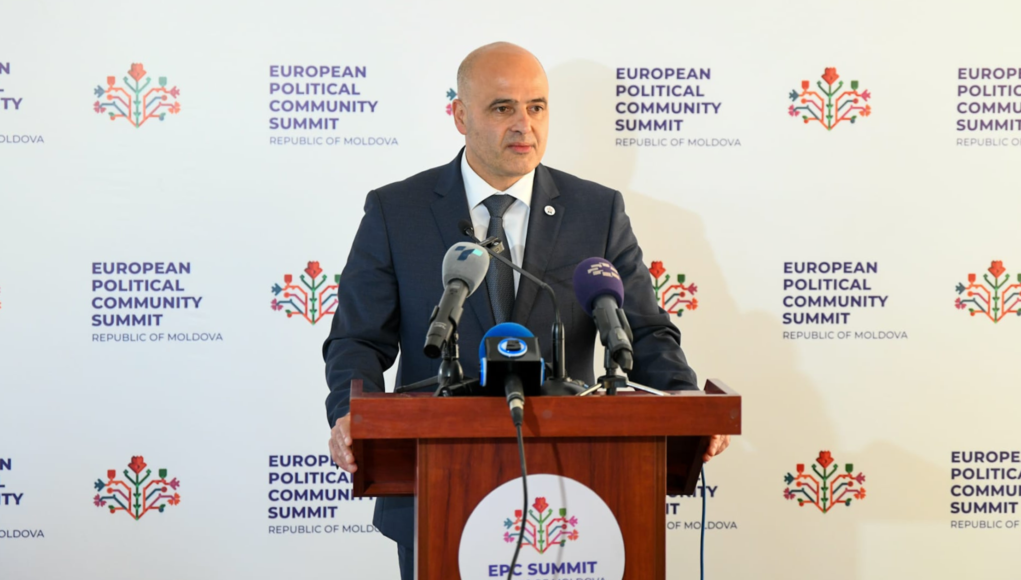SKOPJE — The Ministry of Justice in North Macedonia has announced the submission of a draft law on amnesty, marking a significant step in the country’s legal evolution. This move comes as the Balkan nation grapples with the challenges of its legal framework, a topic of interest not only regionally but also to international observers.
The draft law introduces several key changes, most notably addressing the president’s right to pardon individuals. Under the proposed legislation, the president would have the authority to grant pardons for punishments but not for the criminal prosecution of individuals. This distinction has been a focal point of discussions, with the working group emphasizing the need for clarity on this matter.
The proposed law also outlines detailed procedures for pardons, setting short deadlines for institutions involved in the process. It further emphasizes the responsibilities of individuals handling these cases and their superiors.
North Macedonia, formerly a part of SFR Yugoslavia, has been on a journey of legal and political transformation since gaining independence in 1991. The existing Law on Pardons, established in 1993, has seen multiple amendments. Some of its provisions were even nullified by the Constitutional Court. The push for a new law stems from identified gaps and ambiguities in the current legislation.
The drafting process considered legal practices from European Union member states and countries with similar legal systems to North Macedonia. This reflects the nation’s aspirations to align more closely with European standards, especially as it seeks to join the EU.
U.S. Ambassador to North Macedonia, Angela Ageler, weighed in on the draft law during a recent visit to Radovo. While she did not comment on the specifics, Ageler emphasized the importance of transparency and legality in such processes. The ambassador’s remarks underscore the international interest in North Macedonia’s legal reforms and the broader implications for rule of law in the region.
Prime Minister Dimitar Kovacevski clarified that the law aims to address minor offenses to alleviate overcrowded facilities. However, the opposition has voiced concerns, suggesting that the law might benefit “notorious criminals.”
Source/s: Nova Makedonija
Image source: Government of the Republic of North Macedonia
The Southeast European Observer participates in the Amazon Services LLC Associates Program. While we strive to provide our readers with unbiased and reliable information, please be aware that any purchases made through Amazon affiliate links on our site generate a small commission for us at no extra cost to you. This helps support our platform and allows us to continue delivering quality content to our readers.
We ensure that the presence of Amazon affiliate ads does not influence our editorial content, and no affiliate links are included within the text of our articles.












